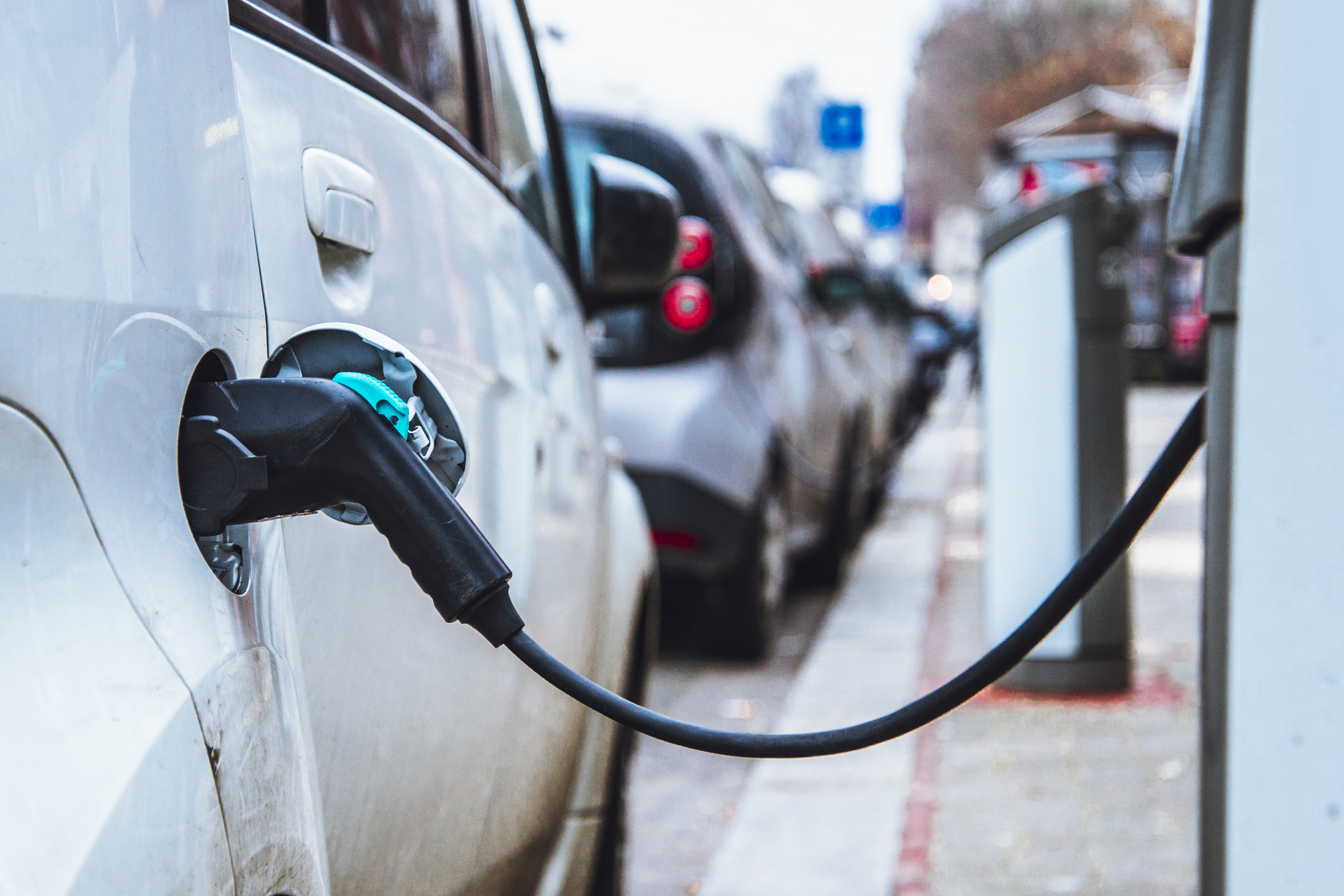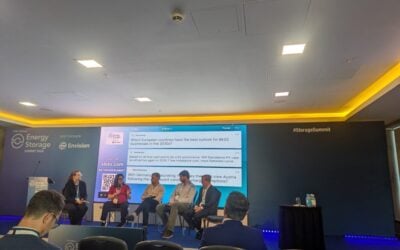
Virtual power plant (VPP) operator Next Kraftwerke and electric vehicle (EV) aggregator and smart charging platform provider Jedlix has launched a trial to test if EV batteries can be used to provide automatic frequency reserve.
The international pilot to deliver secondary control reserve, also known as automatic frequency restoration reserve (aFRR), is being run through TenneT, the transmission system operator for the Netherlands and a large part of Germany.
The two-year project will begin in early 2019 when the pair will provide aFRR through Jedlix’s EV fleet and smart charging solution, while Next Kraftwerke will provide the interface to TenneT and market the aggregated energy in reserve control auctions.
By linking the fleet to Next Kraftwerke’s remote control unit, Next Box, real-time data exchange will be possible while ‘setpoints’ can be received by the Jedlix fleet that changes the EVs’ power consumption.
Try Premium for just $1
- Full premium access for the first month at only $1
- Converts to an annual rate after 30 days unless cancelled
- Cancel anytime during the trial period
Premium Benefits
- Expert industry analysis and interviews
- Digital access to PV Tech Power journal
- Exclusive event discounts
Or get the full Premium subscription right away
Or continue reading this article for free
Ruben Benders, chief executive of Jedlix, said: “We are thrilled to have this cooperation with Next Kraftwerke, which has the potential to establish the largest VPP for EVs in Europe and beyond.”
During the trial, Jedlix will be able to combine the user preferences, car data, and charging station information of those taking part for a continuous forecast of the available capacity which will be used by Next Kraftwerke in the bidding process.
By taking part in the pilot, all EV drivers can get rewarded for making the car’s flexibility available.
Paul Kreutzkamp, chief executive of Next Kraftwerke Belgium, said: “This pilot will bring essential innovation in the way electrical systems connected in private homes can contribute to TenneT’s most demanding ancillary services.
“We are very happy to be starting this transition and bringing new sources of income to households together with Jedlix, which has set itself apart when it comes to smart charging of electric vehicles.”





